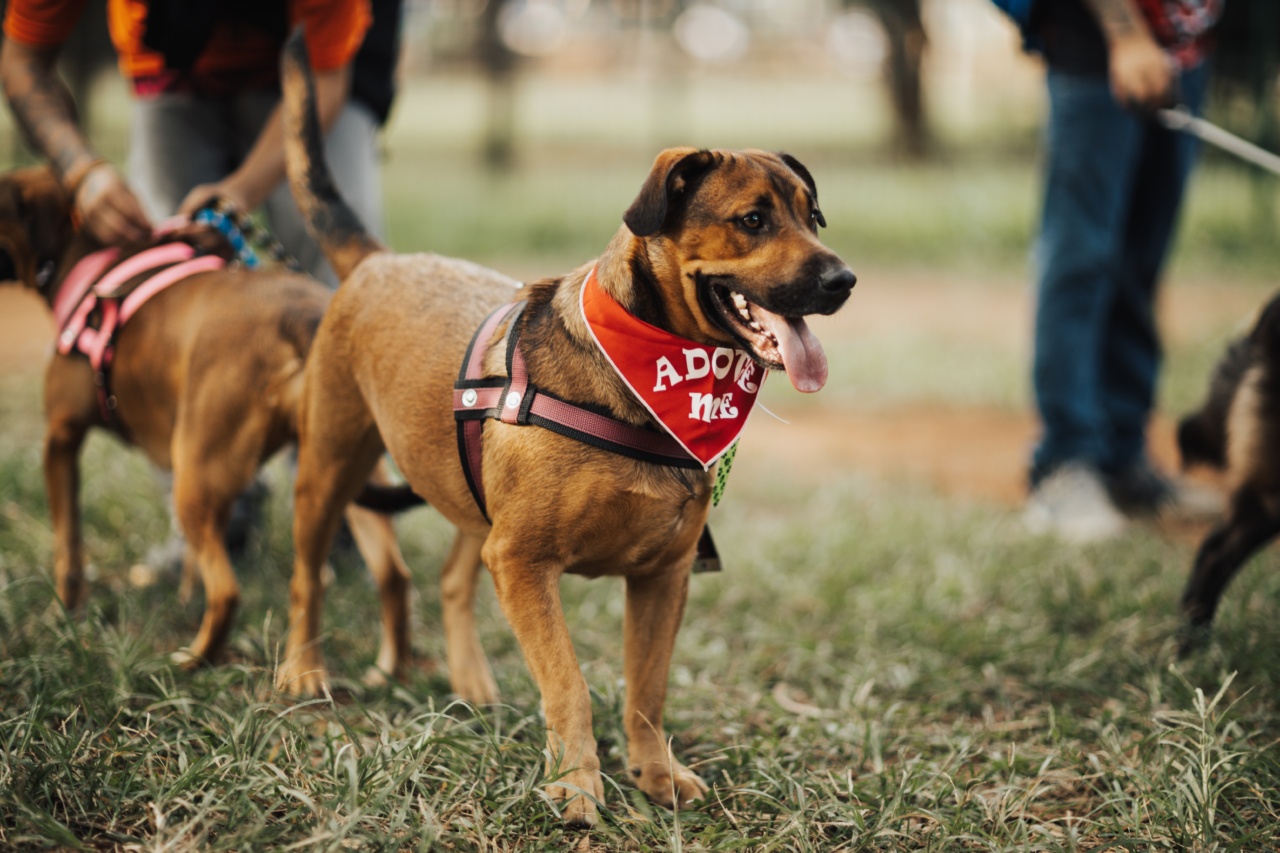Cancer is a disease that affects not only humans, but also pets. Dogs, in particular, are prone to developing cancer. According to the American Veterinary Medical Association, one in four dogs will develop cancer during their lifetime.
Therefore, it is important for dog owners to be aware of the breeds that are at higher risk of developing cancer.
Breeds with Higher Risk of Cancer
There are several dog breeds that have a higher risk of developing cancer. These include:.
- Bernese Mountain Dogs
- Boxers
- Bulldogs
- Golden Retrievers
- Labrador Retrievers
- Poodles
- Rottweilers
- Saint Bernards
- Scottish Terriers
- West Highland White Terriers
Genetics play a significant role in a dog’s risk of developing cancer. Certain breeds have a higher likelihood of inheriting genetic mutations that can ultimately lead to cancer.
Types of Cancers that Dogs are Prone to Develop
Just like humans, dogs can develop different types of cancer. However, certain types are more common in dogs. These include:.
- Mast cell tumors
- Lymphoma
- Osteosarcoma
- Hemangiosarcoma
- Malignant melanoma
Mast cell tumors are the most common type of skin cancer in dogs. Lymphoma is a cancer of the lymphocytes, which are white blood cells that play a role in the immune system. Osteosarcoma is a type of bone cancer that is common in large breeds.
Hemangiosarcoma is a cancer of the blood vessels and can affect the spleen, liver, or heart. Malignant melanoma affects the skin and mucous membranes and can be aggressive.
Symptoms of Cancer in Dogs
Early detection is crucial in the treatment of cancer in dogs. Therefore, it is important for dog owners to be familiar with the symptoms of cancer. Some common symptoms of cancer in dogs include:.
- Lumps or bumps that do not go away or continue to grow
- Unexplained weight loss
- Loss of appetite
- Lethargy or decreased energy
- Foul-smelling breath
- Coughing or difficulty breathing
- Persistent lameness or stiffness
- Difficulty eating or swallowing
If you notice any of these symptoms in your dog, it is important to schedule an appointment with your veterinarian as soon as possible.
Prevention and Treatment
While certain breeds are at higher risk of developing cancer, there are steps that can be taken to reduce the risk. For example, maintaining a healthy weight and providing proper nutrition can help prevent cancer.
Additionally, regular visits to the veterinarian can help detect cancer in its early stages.
If your dog does develop cancer, treatment options may include surgery, chemotherapy, or radiation therapy. Your veterinarian will work with you to determine the best course of treatment for your dog.
Conclusion
Cancer is a serious health concern for dogs. Certain breeds are at higher risk of developing cancer, and it is important for dog owners to be aware of the symptoms and take steps to prevent cancer.
Regular visits to the veterinarian can help detect cancer in its early stages, which can improve the chances of successful treatment.






























